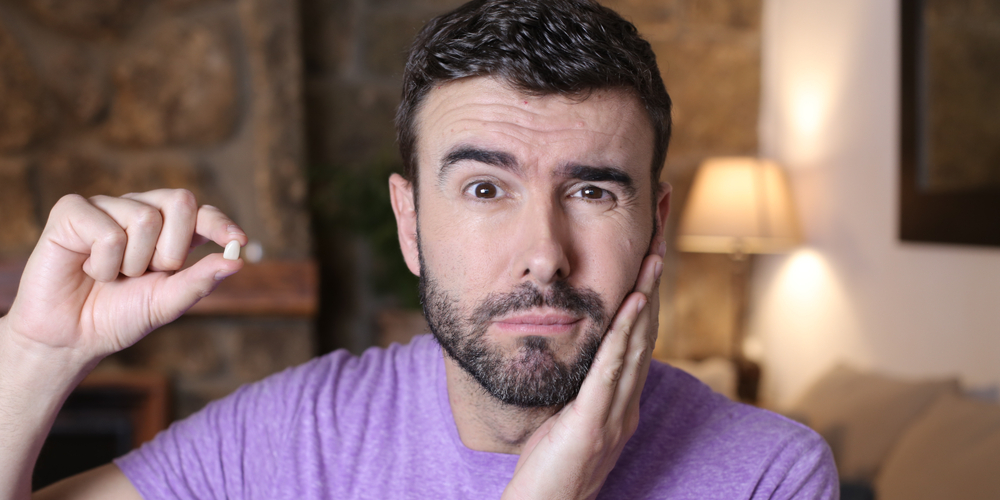It is easy to think that losing the odd tooth or more is not going to cause any problems but sadly, this is not the case. If you have lost a tooth then, of course the decision whether to replace it or not is entirely up to you.
But what we would say is that not doing so leads to a variety of problems which include:
- Risk of health problems
- Sagging jaw and drawn appearance
- Bone re-absorption
- Misaligned teeth/jaw
- Problems with eating and digestion
- Affects your speech
- Psychological effects, e.g. loss of confidence
All of these can be avoided if you choose to replace any missing teeth.
Risk of health problems
If a tooth has been lost as a result of tooth decay or gum disease then there is the risk that this infection will spread to other areas of the body.
The infection enters the bloodstream and once there can lead to serious conditions such as heart disease and diabetes.
Sagging jaw
A full set of teeth helps to maintain your facial structure as well as preserving jaw alignment. But any gaps caused by missing teeth will cause the cheek muscles to weaken which results in a pinched, drawn looking appearance. This also ages you as well.
Bone re-absorption
This is a dental term used to describe a reduction in bone volume (or density) within the jaw. The jaw becomes thinner and lighter which causes it to deteriorate over time. It becomes smaller as well which affects your facial appearance.
The risk of this increases the longer the tooth is missing. This is an issue for anyone who chooses to have a dental implant as a lack of bone density means that it is very difficult for the dentist to insert the metal implant into the jaw. There is simply not enough bone to hold this metal rod in place.
This means that the patient has to undergo a bone graft before they have their implant.
This procedure is discussed further in our dental implants section.
Misaligned teeth/jaw
This is similar to the problem of bone re-absorption. If there is a gap caused by a missing tooth then the other teeth shift over towards that gap which pulls them out of place. This affects their alignment and your bite.
It also affects the way your jaws open and close which may result in condition such as TMJ or temporomandibular joint disorder.
Then to further compound the problem, food particles become trapped in this gap which increases the risk of tooth decay or gum disease.
Problems with eating
Fewer teeth mean that it is increasingly difficult to chew food especially hard or crunchy foods. So many people in this position swap to soft foods instead which limits their diet somewhat.
Another problem is that of digesting food properly without it putting an unnecessary strain on your digestive system. Your digestive system works by breaking down food into tiny amounts which are then passed down to the stomach.
But problems with chewing and swallowing food affects what is digested and how. This affects your ability to absorb certain nutrients which are vital for the normal functioning of the body.
Difficulty in eating forces some people to avoid particular kinds of foods or to restrict their overall consumption. But the danger with this is that the sudden drop in calories means that they are not getting the nutrients that they need to function on a day to day level. This impacts upon their immune system and increases the risk of a disease or infection.
Affects your speech
Your ability to speak is determined by the flow of air into the mouth which affects your pronunciation of various words and phrases. Any gaps such as those causes by missing teeth disrupt these normal airflows which then affect the quality of your speech.
Basically, it is difficult to pronounce certain words.
This is especially difficult for children who are learning to speak but find that they are unable to articulate words or sentences. This then affects their confidence and lowers their self-esteem.
Psychological effects
A drop in confidence is one of several psychological effects of missing teeth but there are several others. These include self-consciousness about your appearance and a reluctance to smile or reveal your teeth especially in social situations.
In some cases people avoid social gatherings or work situations due to this lack of confidence and embarrassment about the state of their teeth. Covering the mouth is common as is a reluctance to talk to others.
You may feel less than attractive or desirable to the opposite sex. You may be reluctant to socialise or engage in activities which could be beneficial to your career. The thought of having to speak in public or give a presentation fills you with dread.
Some people limit their day to day activities without realising that this is affecting their quality of life.
It is difficult to believe that a missing tooth or teeth can have these effects but it is more serious than first realised.
Your best option is to see a dentist as soon as possible to discuss a treatment plan.
